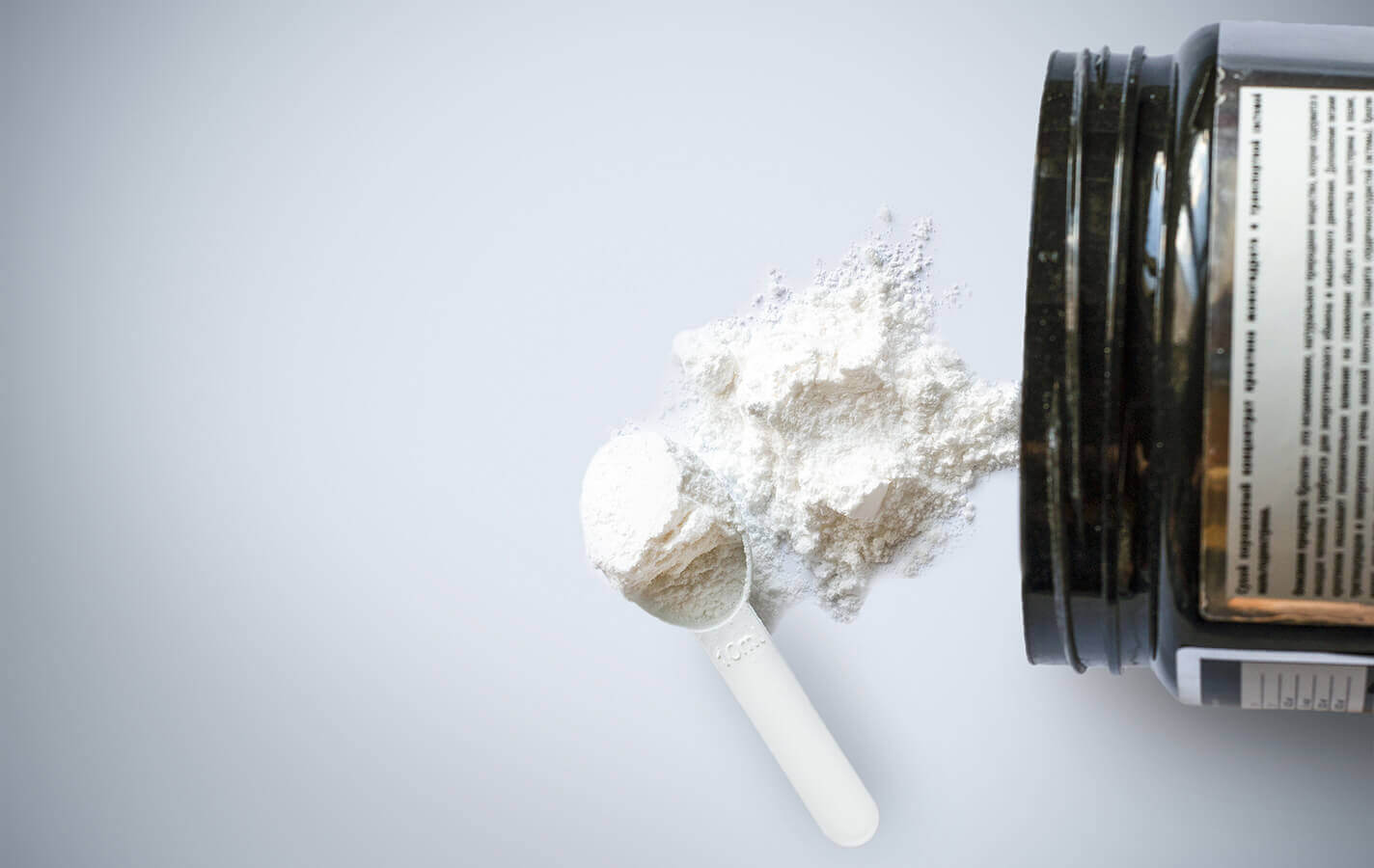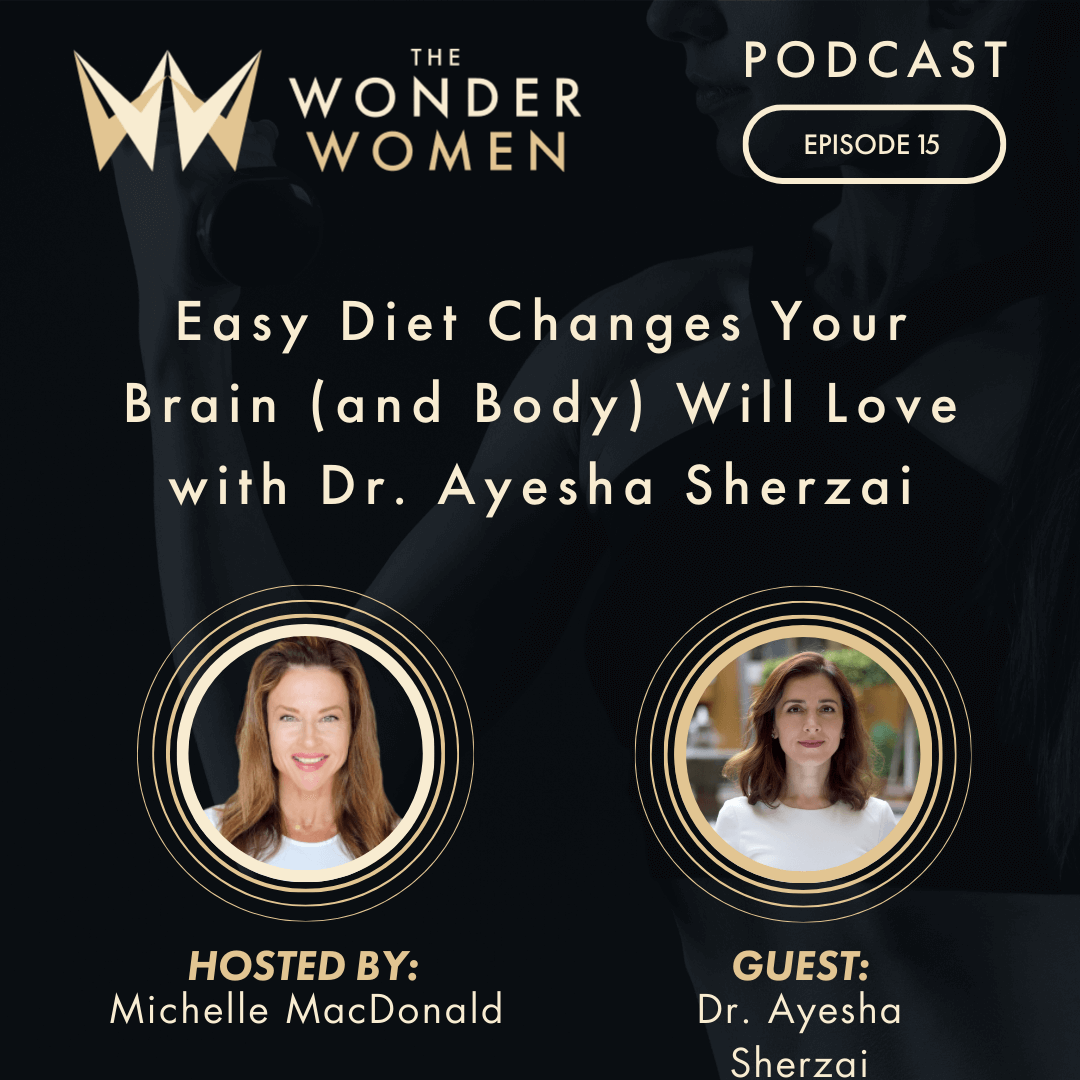While macros get a lot of credit when it comes to body transformation, it’s important to not only take a macronutrient approach to nutrition, but also a micronutrient approach. Micronutrients include both vitamins and minerals, and although we need them in relatively small quantities, they are vital to health and longevity. Deficiencies will almost certainly result in health issues or even disease. Therefore a successful diet is one that not only fits your macros, but one that also fits in healthy amounts of micronutrients.

There are nearly 30 essential micronutrients. These are the vitamins and minerals that your body cannot manufacture in sufficient amounts on its own, they must be consumed from your diet. The good news is that with just a bit of effort and attention to detail, it’s fairly easy to meet daily requirements. So let’s take a closer look at vitamins and minerals, break down the roles they play in our bodies, and the top food sources for each one.
VITAMINS
There are 13 types of vitamins, 4 of which are fat-soluble and 9 of which are watersoluble.
Fat soluble vitamins:
- Includes Vitamins A, D, E, and K
- Need to be consumed with fat for proper absorption
- Stored in the body’s cells, therefore not easily excreted by the body
| Vitamin | Role | Sources |
|---|---|---|
| A | Needed for vision, healthy skin, bones, enamel and immune system | Fortified milk, cheese, butter, eggs, liver. Precursors include beta-carotene sources like dark leafy greens, carrots, squash, sweet potatoes |
| D | Needed for proper absorption of calcium | Skin can make it when exposed to sunlight, egg yolks, fatty fish, fortified milk |
| E | Protects cell walls | Leafy vegetables, while grains, liver, egg yolks, nuts and seeds |
| K | Needed for proper blood clotting | Leafy greens, broccoli, brussel sprouts, asparagus |
Water- Soluble Vitamins
- Includes: Vitamins B1, B2, B3, B6, B12, C, pantothenic acid, biotin, folic acid
- Travel freely in the body
- Excess amounts are excreted via the kidneys
- Must be taken daily since the human body is not capable of storing them for a
long time
Water soluble vitamins play a large role in the formation of enzymes. They are needed for energy metabolism, protein metabolism, as well as support a healthy nervous system, immune system and digestive system. While some are found widespread in foods, you have to be a bit more purposeful with others.
| Vitamin | Role | Sources |
|---|---|---|
| B1 | Needed for energy metabolism | Pork, whole grains, legumes, nuts & seeds |
| B2 | Needed for energy metabolism | Milk, leafy greens, whole grains, enriched breads and cereals |
| B3 | Needed for energy metabolism | Meat, poultry, fish, mushrooms, asparagus, peanut butter |
| B6 | Needed for energy metabolism | Meat, fish, poultry, vegetables and fruit |
| B12 | Important for nerve function | Meat, poultry, fish, seafood, eggs, milk (NOT found in plant foods) |
| Pantothenic acid | Needed for energy metabolism | Widespread in foods |
| Biotin | Needed for energy metabolism | Widespread in foods |
| Folic Acid | Needed to make new cells, especially red blood cells | Leafy greens, legumes, seeds, liver |
| Vitamin C | Needed for immune system health, iron absorption | Fruits and vegetables, cabbage, cantaloupe, strawberries, peppers, tomatoes, potatoes, lettuce, mangoes, kiwi |
MINERALS
Minerals are needed to help our bodies grow and stay healthy. All minerals are watersoluble, and they can be divided into 2 types: macrominerals and microminerals.
Macrominerals are minerals that we need in large amounts. They include calcium, phosphorus. magnesium, sodium, potassium, chloride and sulphur.
Microminerals are trace minerals, meaning we only need them in small amounts. They include iron, manganese, copper, iodine, zinc, chromium, fluoride, and selenium.
Macrominerals
| Mineral | Function | Sources |
|---|---|---|
| Calcium | Important for healthy bones and teeth, helps muscles relax and contract, blood pressure regulation, immune system health | Milk and milk products, canned fish with bones, greens |
| Phosphorus | Needed for the body to make protein for the growth, maintenance and repair of cells and tissues | Meat, fish, poultry, milk, eggs |
| Magnesium | Needed for more than 300 biochemical reactions in the body | Nuts and seeds, legumes, leafy greens, seafood, chocolate, artichokes |
| Sodium | Helps maintain blood volume and blood pressure among other functions | Table salt, soy sauce, bread, vegetables |
| Potassium | Helps regulate fluid balance, muscle contractions and nerve signals | Meats, milk, fresh fruits and vegetables |
| Chloride | Helps balance fluid levels in the body | Table salt, soy sauce, bread, vegetables |
| Sulphur | Necessary for the synthesis of certain key proteins | Meats, poultry, milk, eggs, legumes, nuts |
Macrominerals
| Mineral | Function | Sources |
|---|---|---|
| Iron | Vital to the proper functioning of hemoglobin, a protein needed to transport oxygen in the blood | Organ meats, red meat, fish, poultry, shellfish, egg yolks, legumes, leafy greens |
| Manganese | Part of many enzymes, metabolism of amino acids, glucose, carbohydrates | Widespread in foods, especially plant foods |
| Copper | Enables the body to form red blood cells | Legumes, nuts, seeds, whole grains, organ meats |
| Iodine | Needed to make thyroid hormones | Seafoods, iodized salt, bread, dairy products |
| Zinc | Needed for proper functioning of the immune system | Meat, fish, poultry, whole grains, vegetables |
| Chromium | Works with insulin to regulate blood sugar levels | Liver, brewer’s yeast, whole grains, nuts, cheeses |
| Fluoride | Formation of bones and teeth, helps prevent tooth decay | Drinking water, fish |
| Selenium | Antioxidant | Meat, seafood, grains |
Conclusion
Vitamins and minerals play a huge role in our health, vitality, and longevity. Getting sufficient amounts is imperative, and thankfully it’s very easy to do: by choosing to not only eat a diet rich in whole, unprocessed foods like fruits and vegetables, whole grains, and protein sources, but also by choosing variety in your diet. Get your protein and fat from several sources, cycle in different whole grains, and include all colors of the rainbow in your fruits and vegetables. Always remember that micronutrients are just as important as macronutrients, and how you feel on the inside is even more important than how you look on the outside. Choose wisely.

